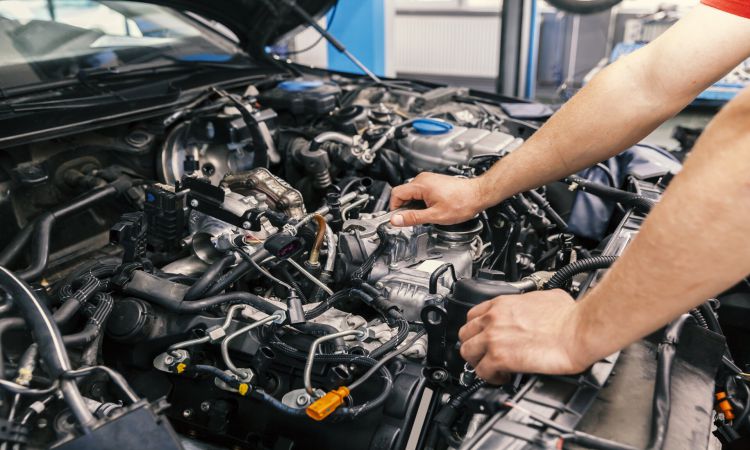 For the car owner with some experience and confidence, there are many maintenance jobs you can DIY. For example, you can change your oil, switch out filters, and even replace some belts. Over the years, though, the work you can reasonably do on your own vehicles has shrunk.
For the car owner with some experience and confidence, there are many maintenance jobs you can DIY. For example, you can change your oil, switch out filters, and even replace some belts. Over the years, though, the work you can reasonably do on your own vehicles has shrunk.
Why? Technology. As computer technology evolves and gets more sophisticated, car manufacturers use it more and more in their vehicles.
that’s why you hear about things like the car computer, but also things like the engine control unit. Not familiar with the ECU? Keep reading for a quick look at what it is and how it works to keep your car on the road.
What Is an Engine Control Unit?
In simplest terms, your engine control unit or ECU is a module in your car that helps control the various elements of your engine performance. For example, it can control the fuel mixture ratio or the firing of spark plugs.
Its main function is the efficient performance of your engine at idle, during acceleration, and while driving at a steady pace. Your care engine may need more fuel or a richer fuel mixture during acceleration. The control unit decides how much more fuel or how rich to make that fuel mixture.
If you want to see an example of an ECU, head over here and check it out.
Where It Gets Data
Effective engine control depends on the control unit getting the right data. That begs the question of where it gets that data in the first place.
Your car comes equipped with a substantial number of other modules and sensors. For example, there is like a sensor on your accelerator pedal, attached to your coolant, and even the engine thermostat.
Many of those modules and sensors feed data back to the engine control unit, which lets it fine-tune the performance of your engine.
How Does It Work?
The engine control unit itself is a combination of computer hardware and onboard software. While it may get information from the car computer, it largely operates independently of that computer. Instead of getting all of its info from the main computer, cars use something called a control area network bus.
In layman’s terms, it’s a system that lets modules and sensors communicate with each other directly. The ECU uses that system to collect data. The hardware and software analyze the data and then send commands out on the control area network bus.
ECU and You
Unless you work on cars at a professional or semi-professional level, odds are good that you’ll never interact directly with an engine control unit. In most cases, your auto repair shop will inform you if the unit needs a replacement and handle it for you.
The units do get occasional upgrades, but this most commonly happens at a software level and not the hardware level. Again, you typically won’t bear any responsibility for installing those upgrades.
Looking for more auto tips? Check out the posts over in our Automotive section.




